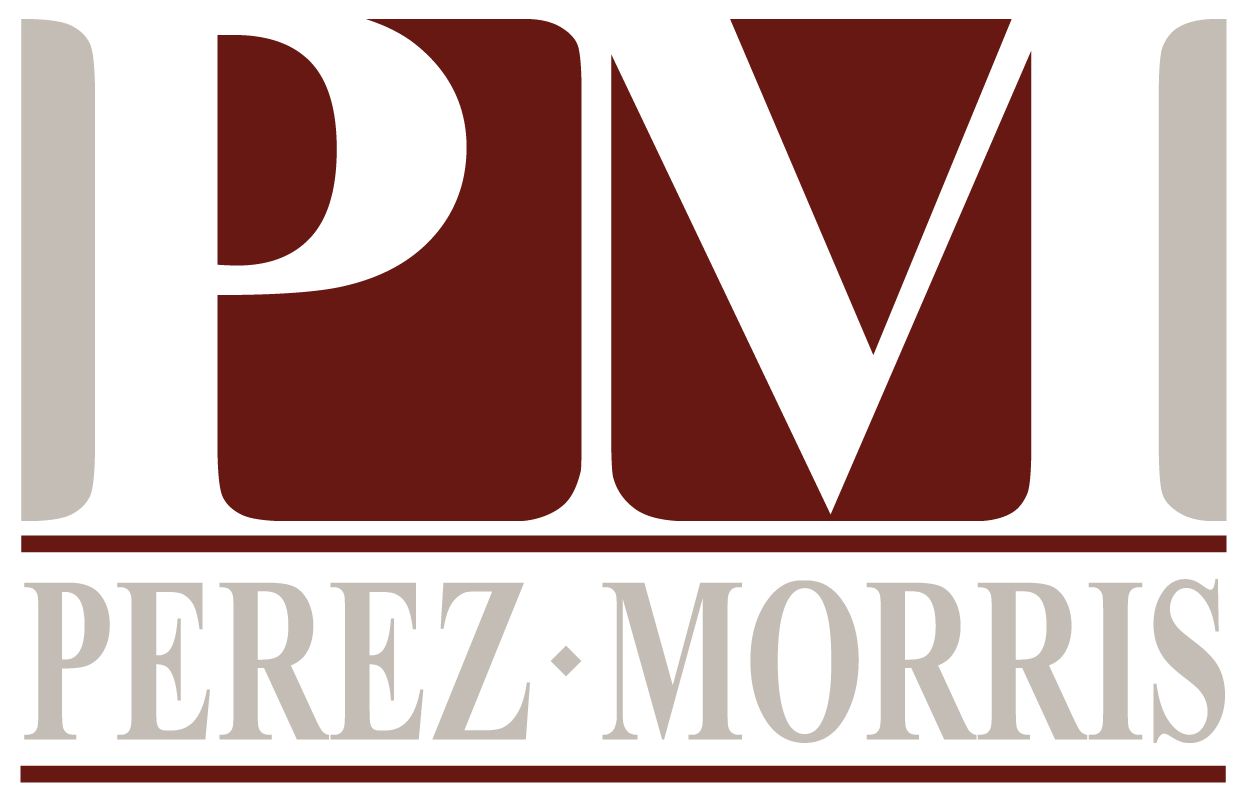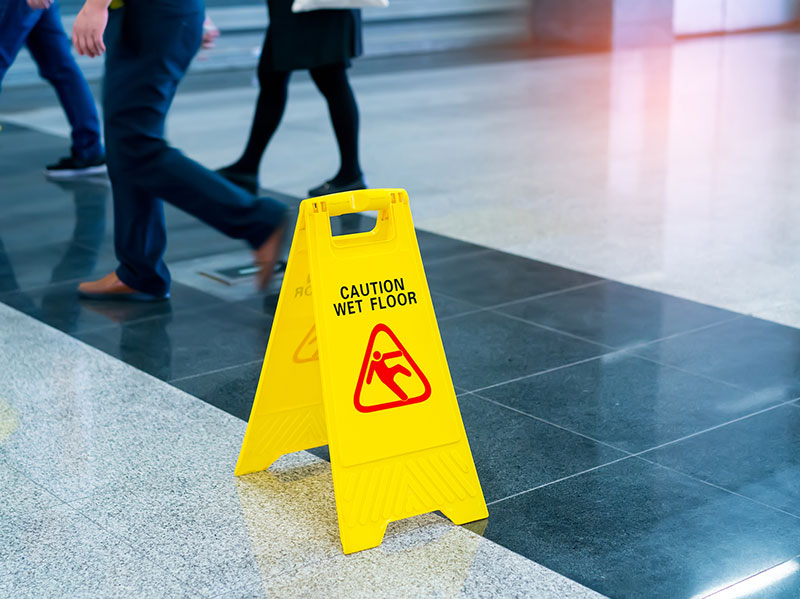Most of us are familiar with the Summary Judgment process. If pursued, it is usually a chance for a defendant to explain to the Court why the claimant’s case could not possibly succeed at trial. Premises Liability claims in Ohio are particularly susceptible to summary judgement given the state’s adoption of the “open and obvious” doctrine as well as the “two-inch” rule. As a result, setting the claim up for a motion for summary judgment is often the primary goal when a claim is asserted and litigation commenced. However, most of us are also familiar with frustrating denials of summary judgment. How could a parking block not be open and obvious? How could a premises owner have known of a spill that occurred just moments before a claimant’s fall? Although individual results and case law can seem to be inconsistent, the benefits in filing a motion for summary judgment usually outweigh the determents considerably.
Taking the “glass is half empty” approach, let’s consider the primary detriment; the cost of filing a motion for summary judgment. Deposition costs and attorney fees can range from a few thousand to several thousand dollars for what some consider a futile effort, or less than likely chance at success. Without a doubt, filing a motion affects the bottom line. However, the glass is truly half full (if not more) as there is consistently a good chance it helps in the long run. A) it could result in a defense verdict. Best case scenario – no indemnity payments, no more litigation fees, B) it puts pressure on the claimant to resolve the claim or C) it compels the claimant to set forth the best evidence to overcome summary judgement.
In most cases a pending motion for summary judgment fosters reasonable settlement negotiations. Claimants and claimant’s counsel have a vested interest in ensuring some recovery for the alleged loss. Most claimant’s counsel, if not claimants themselves, are well aware that a motion for summary judgment may be granted despite what claimant’s counsel may deem clear issues of fact. As a result, settlement negotiations often become reasonable when a motion for summary judgment is pending. This is a key time to resolve a case, as the claimant is ensured some recovery and the defendant is assured a capped indemnity value while avoiding the time and expense of trial preparation. Finally, if nothing else the motion flushes out issues, strengths and weaknesses in the claim, which better enables the defense to evaluate the case and prepare the defense. If the claimant is relying on one specific fact to avoid summary judgment, that fact can be addressed more directly in trial preparation to enhance the defense or perhaps establish grounds for a directed verdict.
Recently, I had the opportunity to file motions for summary judgement in two premises liability cases. The first (“Case I”) involved significant injury, while the second (“Case II”) had questionable damages. Regardless, both claims were heading toward trial as no reasonable settlement negotiations were on the horizon. Case I entailed undisputed facts of water on the floor, a customer slip and fall, and a broken leg. Multiple depositions were taken and conflicting stories described how water got on the floor. Was there a spill that was mopped up and wet floor signs put out, or did a customer’s child spill water on the floor just before the fall? To foster summary judgment analysis, the claimant’s version of the facts was offered that a child had spilled water on the floor. It was then argued the premises owner had no knowledge of the spill before the fall. Strategically, the claimant could have utilized a contrary deposition to argue there was a known spill that was cleaned up and for which wet floor signs were posted. Maybe this would have created an issue of fact. However, the claimant stuck to her version of the facts, causing the Court to determine there was no evidence the premises owner had knowledge of the spill, actually or constructively. Summary judgment granted.
In Case II video surveillance captured the claimant slip and fall in a buffet aisle. The claimant does not know what caused her to fall, or how long the substance on the floor had been on the floor. The premises owner had no knowledge of any foreign substance on the floor, so it set up classic grounds for summary judgment. The only issue was an allegation that the claimant’s cousin, also in the video, could potentially identify the substance and link it to a failure by the premises owner to keep the area clear. Despite this potential assertion, a motion was filed. Time to oppose the motion passed, while claimant’s counsel tried to secure the witness. It never happened and the motion was granted.
Both of these cases involved issues that some would argue could relatively easily overcome summary judgment. But the outcomes cannot be disputed. One thing is for certain, summary judgment will not be granted unless a motion is filed. So if there is a good faith basis to file for summary judgment, it should be given strong consideration.
 Drew Wachtman is a Premise Liability and Insurance Coverage litigator in the Perez & Morris Columbus office. He has substantial first chair jury trial and appellate experience, as well as experience with various business formation transactions. Drew’s litigation experience has enabled him to practice extensively throughout the courts in Ohio. Drew also consults on business and risk management issues.
Drew Wachtman is a Premise Liability and Insurance Coverage litigator in the Perez & Morris Columbus office. He has substantial first chair jury trial and appellate experience, as well as experience with various business formation transactions. Drew’s litigation experience has enabled him to practice extensively throughout the courts in Ohio. Drew also consults on business and risk management issues.
Drew and his wife are the proud parents of three daughters. Read more

